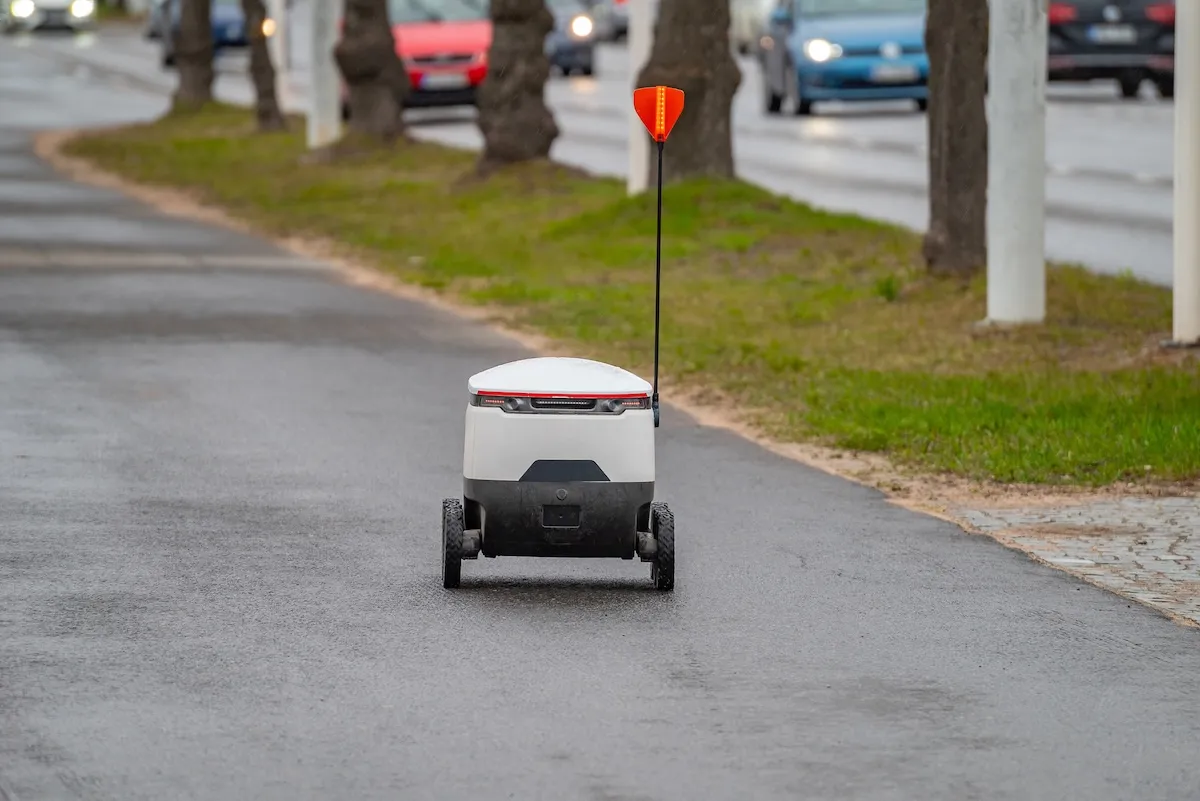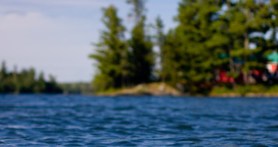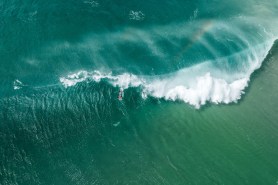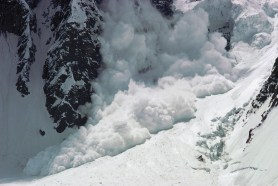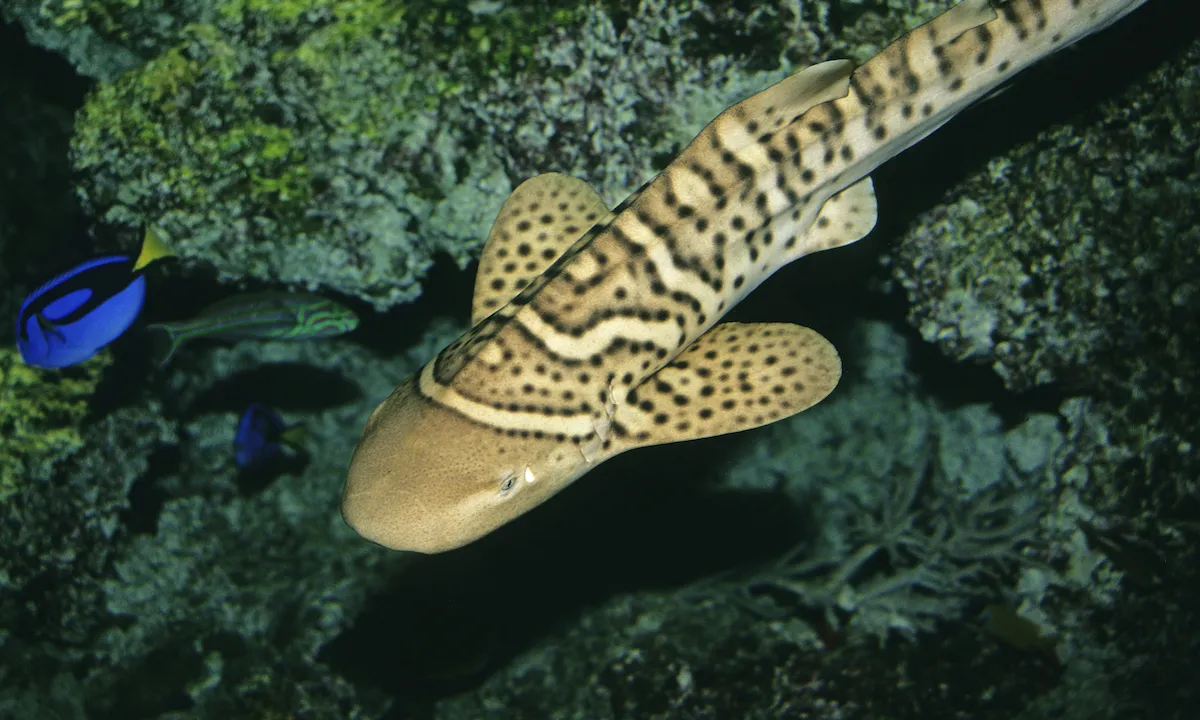

Harrison Ford has probably attended a lot of release parties in his day. Film releases, record releases, album releases—but this January, he attended a slightly different event: a shark-release party on the coast of Indonesia.
Videos by Outdoors
The event marked the culmination of a years-long conservation campaign to release 500 baby zebra sharks into the Indian Ocean. It’s the first project of its kind, and it could help save the local ecosystem. But the path to the release hasn’t been easy. So far, it’s involved more than a dozen countries, scores of scientists, and at least one airplane full of shark eggs.
What is ReSharking?
If you have a shark phobia, then “ReSharking” the waters of the world might not sound like a great idea. But according to a new global team of more than 60 aquariums and conservation organizations, it’s exactly what our world’s oceans need.
ReShark is an international collective of scientists and experts dedicated to rebuilding shark populations across the planet. Most recently, they’ve hatched about 500 baby zebra sharks, which they’re in the midst of releasing off the coast of Indonesia.
The project, which is supported by a number of government groups, nonprofits, and celebrity wildlife advocates (like Ford) has now come to fruition, reports National Geographic. Starting in January of 2023, ReShark has begun to release the sharks in ecosystems that desperately need them.
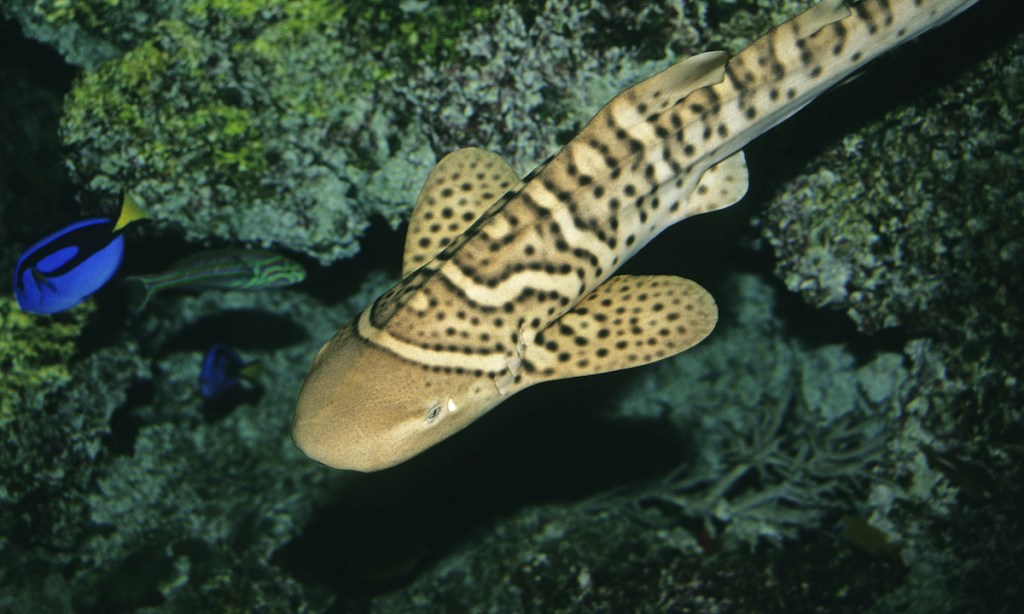
Why zebra sharks?
So, what exactly are zebra sharks? And why do they matter for marine environments?
Zebra sharks are relatively docile species of shark native to the Indian and Pacific Oceans. Like many apex predators, they help prevent the overpopulation of prey animals and therefore keep the ecosystem in balance. They also pick off sick animals, keeping diseases under control. But due to habitat loss and overfishing, they’ve nearly become extinct.
Though zebra sharks are now protected in some areas, they reproduce slowly. Without extra help, it could take decades for their populations to recover—if they recover at all. That’s where ReShark comes in.
Planes full of shark eggs
Over the last few years, breeding programs around the world have helped collect hundreds of zebra shark eggs. According to ReShark’s website, these eggs were then packaged and shipped to Indonesia via airplane. When the planes arrived, the eggs were unloaded, hatched, and then raised in special facilities.
This January the first of the sharks were released. Scientists equipped them with special underwater tracking devices and plan to monitor them throughout the coming years.
So far, the program appears to have been a success. The first two babies to be released, named Kathryn and Charlie, were both healthy. They swam straight off into the ocean and into their new lives with the blessing of scientists, shark enthusiasts, and, of course, Harrison Ford.

